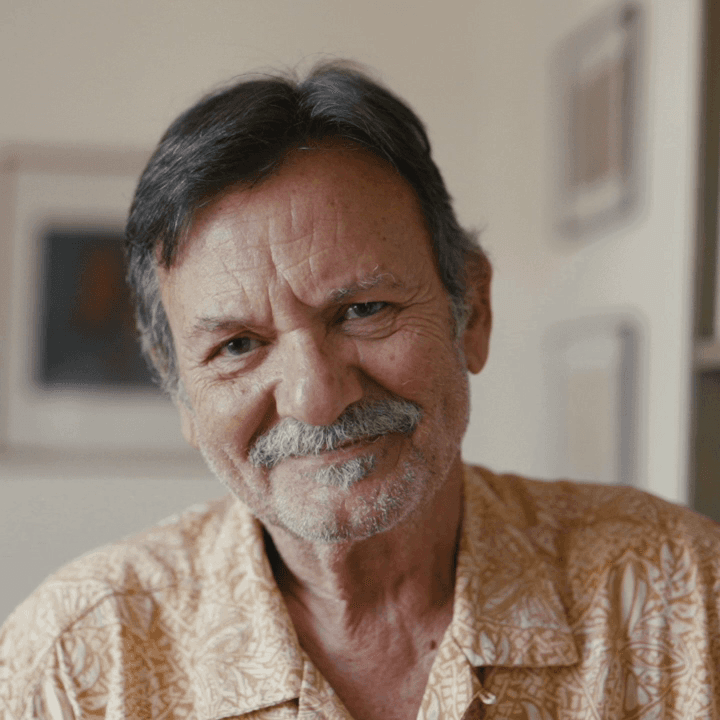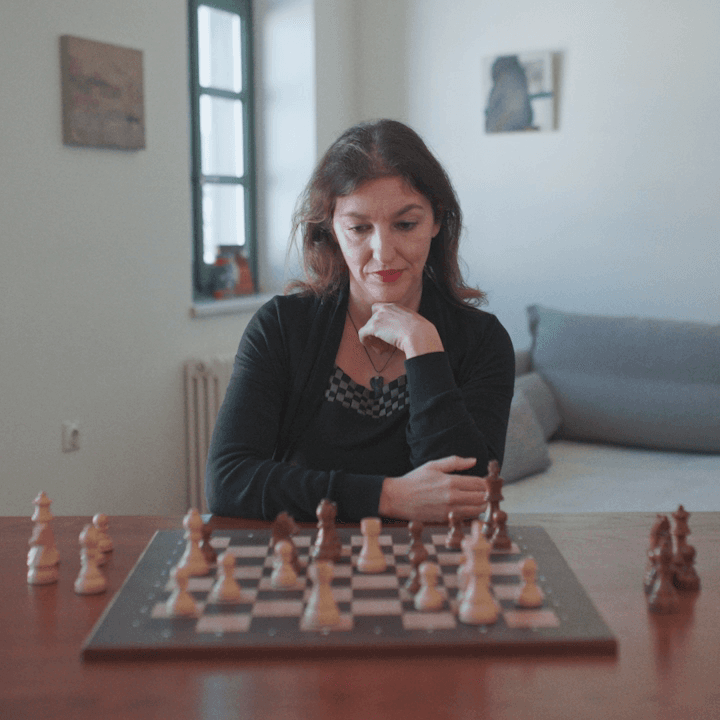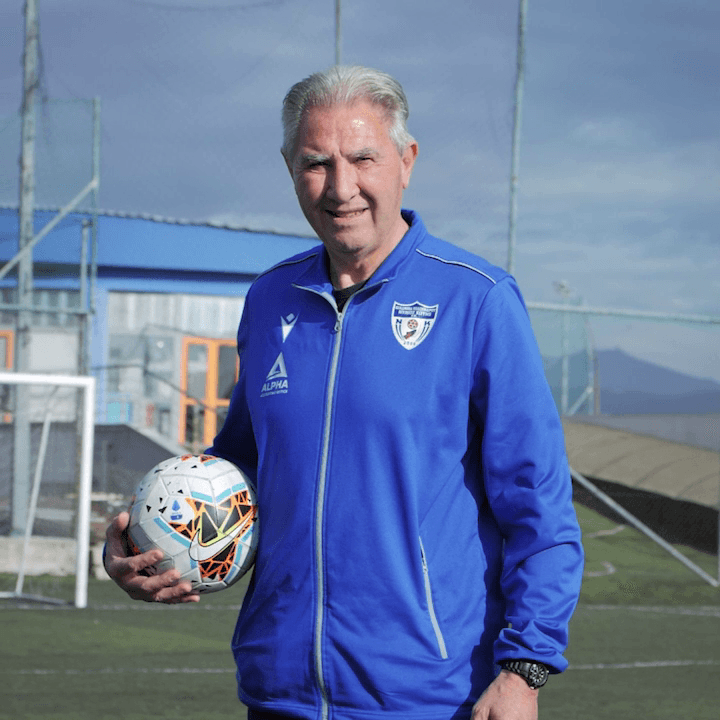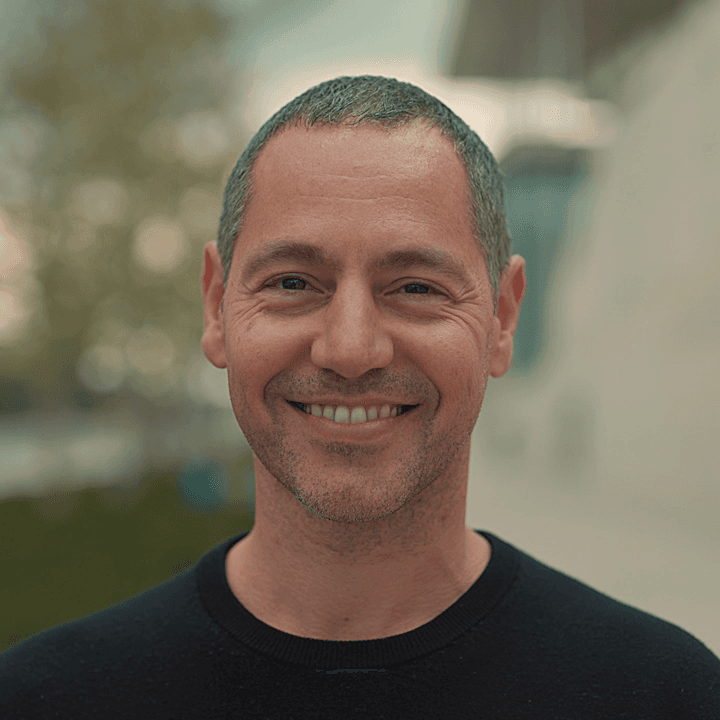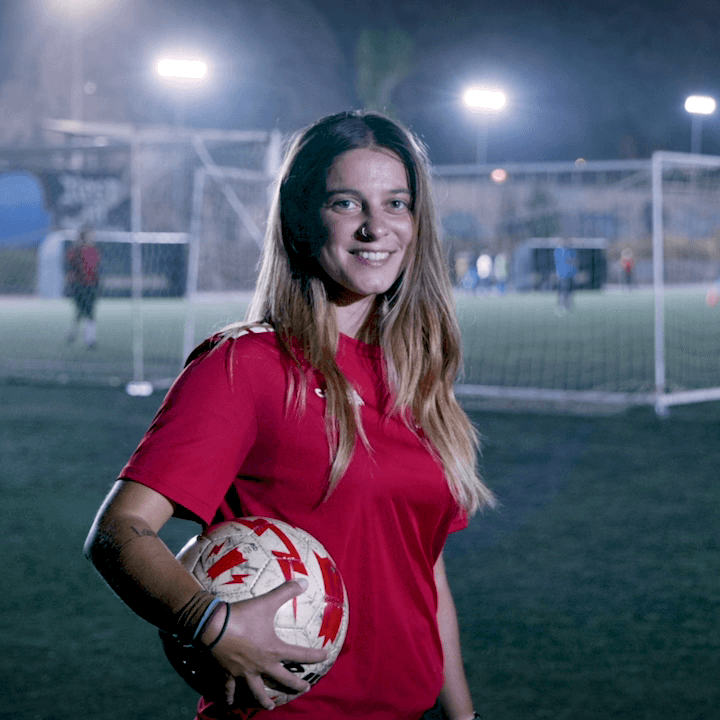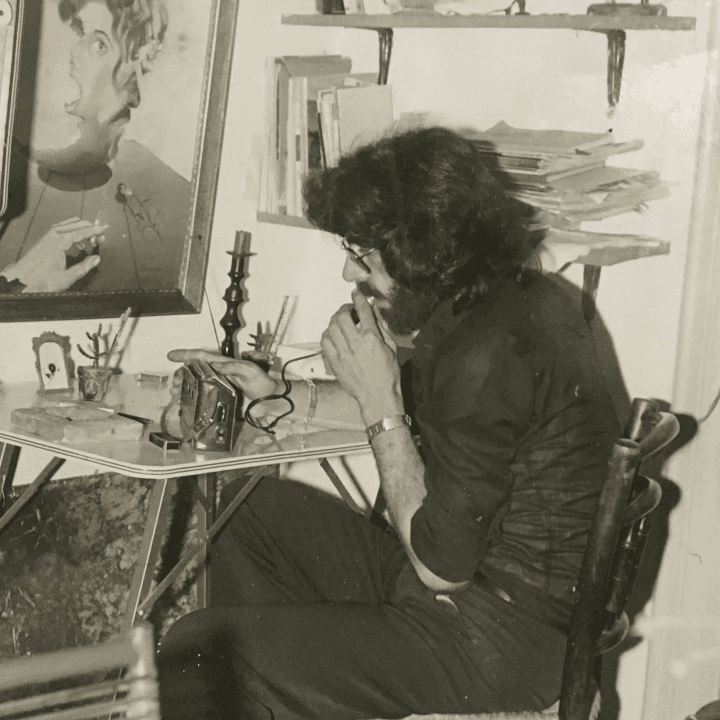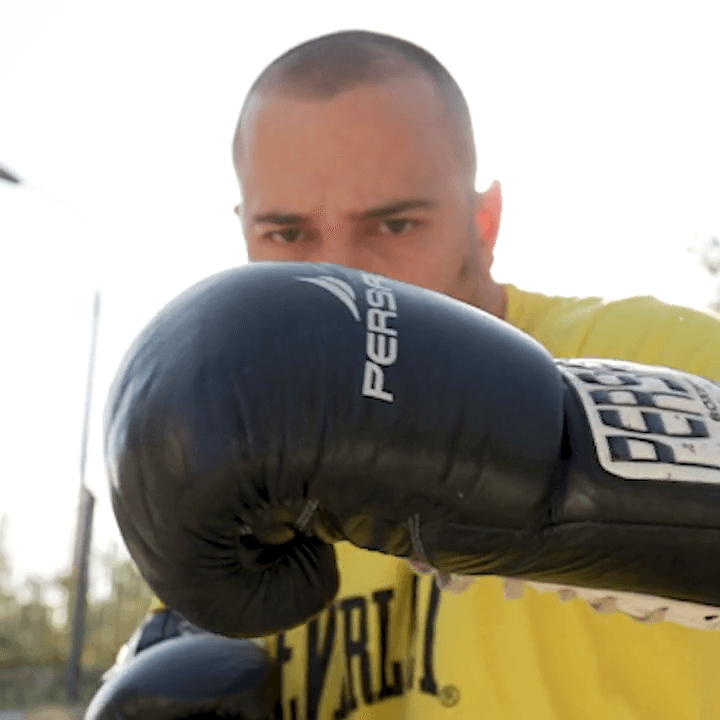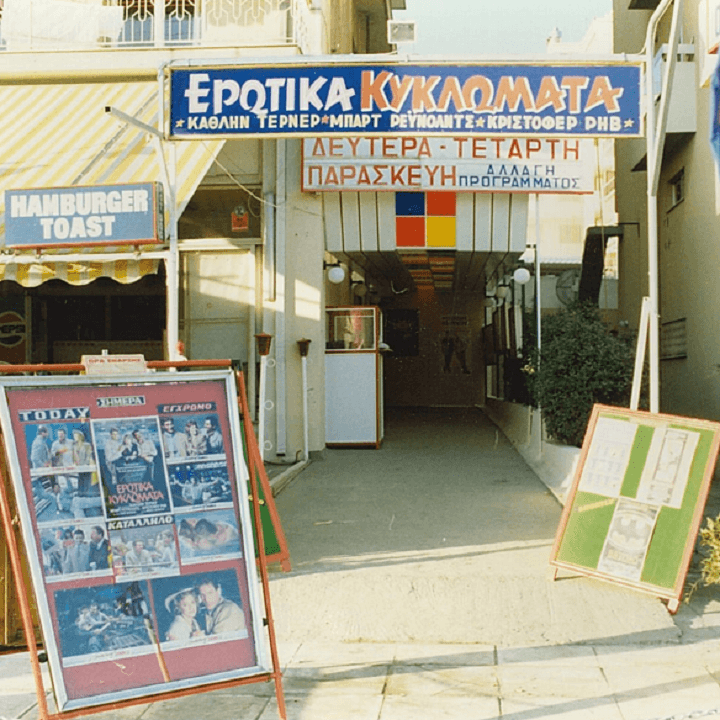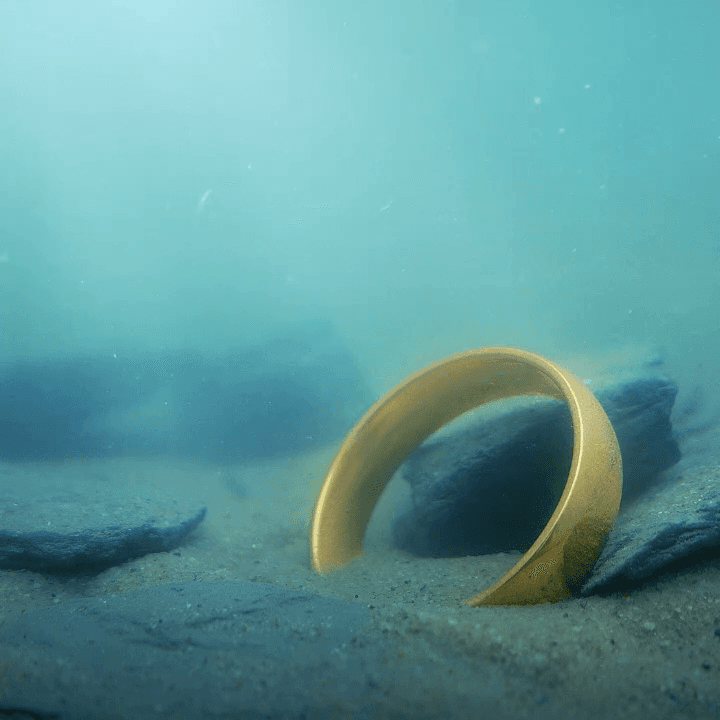Shortly after I was born, at three months old, I got a cancerous tumour that, from what the doctors saw later, they attributed to Chernobyl. I’d been infected by the radioactivity from Chernobyl, which caused a cancerous tumour.
I was transferred to Boston. There, I lost my arm, at three months. It was amputated. From then on, I kept coming and going to centres, in Canada, Italy, Britain... They were called rehabilitation centres, and I wore prostheses. These centres tried to teach me how to behave and function with this particularity and with the prostheses they gave me.
The first prosthesis I had had three fingers. This hand looked a little like Captain Hook’s hook. So, the other children thought of it as something of a game to call me ‘Captain Hook’ and things like this: something I didn’t like. I definitely felt angry. When I was at home, I didn’t have the best relationship with my parents. I had outbursts and felt lonely, generally.
It was hard to see how a woman looks at you when there’s something different about you, when you take off your clothes to sleep with her. And that made my life even more difficult during adolescence and caused even more anger.
I found an outlet to all this in getting into street fights, hooliganism, violence, and other stuff. Motorbikes, full delinquency, drugs. I lost many friends to drugs, which really took a toll on me. The situation reached crisis point.
My sister was in England. Luckily, my father understood [what was happening], and he said, basically advised me, saying: ‘Why don’t you take a little time out and go and stay with your sister for a while? You can cool off, think what you want to do with your life.’ I felt that enough was enough, and I decided to go.
England is a country that is very sensitive to people with special needs, and that was really good for me. I mean, I couldn’t go out without my prosthesis when wearing a t-shirt. I felt uncomfortable. There, I got over it. People helped me; they were more open-minded.
I’d begun training. I began systematic exercise in England. Due to the weather, there wasn’t much to do: either you go to a pub to drink, or you go to a gym to train. I preferred going to the gym to train. And along came my first trainer, Tony, and he said: ‘Why don’t you try boxing one day?’ He held boxing classes in the gym. And I went for my first day. I liked it.
I knew nothing on that first day. Whatever I did know was because I was restless when I was a kid and fought in the streets. I became better when I met my second trainer, who I consider my proper trainer, Owen. He’s a martial arts master and teaches techniques for being calm and having a clear mind. And that was the most important thing I’ve learned in my life so far.
I kept improving. I competed because my trainer taught me boxing and Thai, Muay Thai. I competed in some Thai competitions and did really well.
I went to Newcastle. I went to a hotel, because it was a gala, in the evenings. Beer everywhere, English ‘lads’, gold teeth, gold chains, skinheads, women al in minis, high heels... And they said: ‘You’re fighting Paul Smith’, I still remember his name.
We fought. It was an amazing first appearance for me, especially given my opponent. The score was 2-1. One gave me the win, two gave it to him. In other words, I lost my first match on points. And from when I went into the ring and all the English were, I don’t know, swearing at me... The whole stadium, the whole gala, were applauding me when I left it, and hugging me, and saying: ‘You good mate!’ You know, they were saying: ‘You’re good mate, we didn’t expect that.’ ‘Come on, let us buy you a beer.’ ‘Come and sit with us.’ ‘Let’s take a picture.’ I fought in three more competitions, and then, I came back here and started here.
My first match in Greece was at the Olympic Stadium, at ‘No Limits’, organised by Georgia Bitakou. There must have been three thousand in there. They hadn’t noticed at first that I only had one arm, and, as soon as they did, the whole stadium applauded.
I’ve only fought against the able-bodied. I haven’t fought against... I’m the first boxer with a disability to go on to get a professional boxer card in the history of professional boxing. I’ve fought in America as a professional boxer.
Boxing is among the most positive influences in my life. It was something that gave me life. And I found that, when I started to teach, this was something that I liked a lot. In fact, I enjoyed it as much as competing. Sometimes even more. Because, when I fight, I do it a little like therapy for me, while, when I teach, I feel like I’m helping society and I can pass on to my students something I think is right, like a social message, and I think, at those moments, it’s a vocation.
I want to produce a really good athlete who can win medals and go really far. I’m not just talking about Greece. That’s my dream. God willing, I’ll manage it. And the second thing I want is to create a form of boxing for people with special needs.


